In the Draft Strategy for the Development of Vietnam's Automobile Industry to 2030, with a vision to 2045, the Ministry of Industry and Trade stated that the automobile industry development strategy also has appropriate orientations in developing environmentally friendly vehicles (fuel-efficient vehicles, hybrid vehicles, biofuel vehicles, electric vehicles, etc.).
However, the implementation support policies are still quite limited. Up to now, there has only been a policy to support special consumption tax and registration fees for battery-powered electric vehicles and there is no specific roadmap for the development of other electric vehicle lines such as Hybrid and Plug-in Hybrid vehicles in Vietnam.
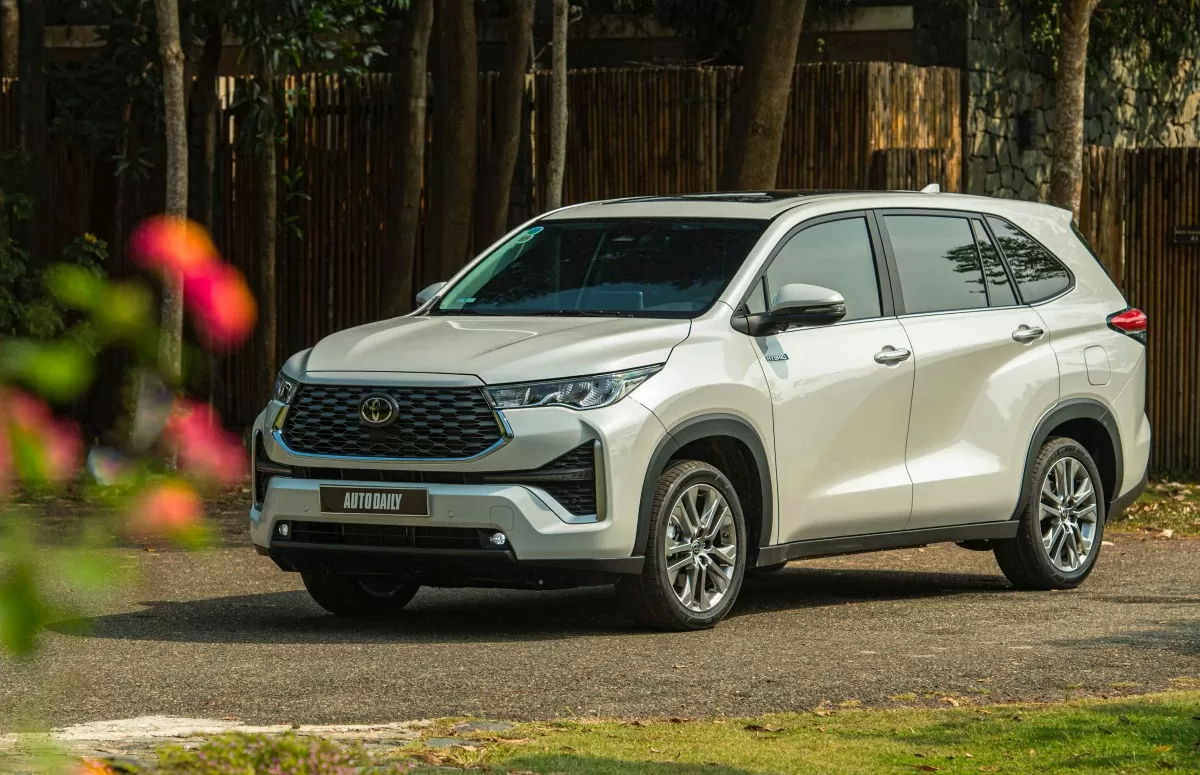 |
| Hybrid cars do not have a specific development roadmap in Vietnam. Photo: AutoDaily |
Therefore, the Ministry of Industry and Trade proposes that the Government direct relevant agencies to study and implement a policy to reduce registration fees for battery electric vehicles (BEVs), self-charging hybrid vehicles (HEVs), and externally charged hybrid vehicles (PHEVs).
Along with other synchronous solutions, the Ministry of Industry and Trade aims that by 2030, electric vehicles, hybrid vehicles, and vehicles using renewable energy or biofuels (collectively referred to as green vehicles) will account for about 18-22% of total market sales, equivalent to 180,000 to 242,000 units. By 2045, total market sales are expected to reach 5-5.7 million vehicles, of which about 80-85% will be green vehicles.
Currently, the electric vehicle market in Vietnam has the presence of brands such as VinFast , Toyota, and Suzuki. However, some other brands such as Hyundai, Kia, Honda, and Haval have insignificant sales. The total electric vehicle sales of Toyota and VinFast in 2023 are estimated at about 37,000 units, accounting for about 9% of the total market.
Currently, BEVs are enjoying a 0% registration fee incentive for 3 years, from March 1, 2022 to March 1, 2025, according to Decree 10/2022. In the next 2 years, the registration fee for BEVs will be 50% of that for gasoline and diesel cars of the same type, while hybrid cars do not enjoy this incentive.
In addition, the Vietnam Automobile Manufacturers Association (VAMA) has proposed imposing a special consumption tax (SCT) on hybrid vehicles at 70% of the same type of gasoline and diesel vehicles and reducing the SCT rate from 70% to 50% for PHEV vehicles.
Currently, the special consumption tax for BEV vehicles is at a preferential rate of 3%, reduced from 15%, applied from March 1, 2022 to February 28, 2027.
According to a representative of Toyota Vietnam, tax and fee incentives for hybrid vehicles, in addition to electric vehicles, can help promote green consumption habits among people, especially customers who do not have access to charging station infrastructure or electric vehicle technology.
However, according to some experts, the speed of electrification in Vietnam is still slower than in other countries in the Southeast Asian region such as Thailand and Malaysia. The reason comes from the fact that hybrid cars have the advantage of reducing emissions, but high production costs make it difficult to expand the market size.
Source: https://congthuong.vn/bo-cong-thuong-de-xuat-chinh-sach-khuyen-khich-phat-trien-xe-hybrid-348313.html


![[Photo] Party and State leaders attend the special art program "You are Ho Chi Minh"](https://vphoto.vietnam.vn/thumb/1200x675/vietnam/resource/IMAGE/2025/5/18/6895913f94fd4c51aa4564ab14c3f250)
![[Photo] Many young people patiently lined up under the hot sun to receive a special supplement from Nhan Dan Newspaper.](https://vphoto.vietnam.vn/thumb/1200x675/vietnam/resource/IMAGE/2025/5/18/6f19d322f9364f0ebb6fbfe9377842d3)
![[Photo] Ready for the top competitions of Vietnamese table tennis](https://vphoto.vietnam.vn/thumb/1200x675/vietnam/resource/IMAGE/2025/5/18/9c547c497c5a4ade8f98c8e7d44f5a41)



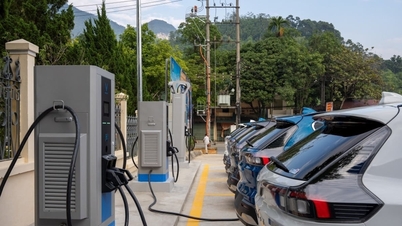

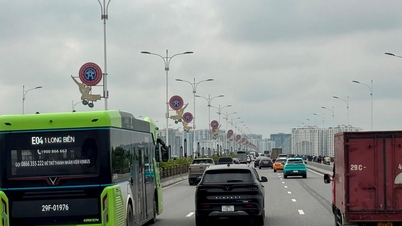




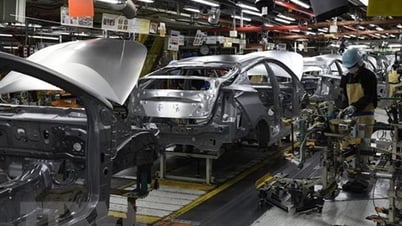












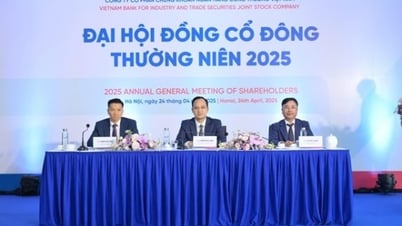



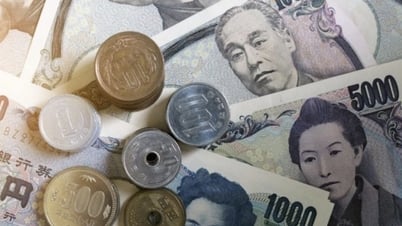
































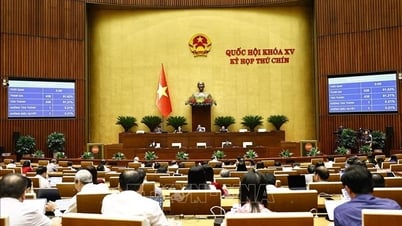





















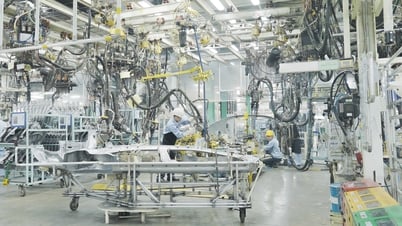
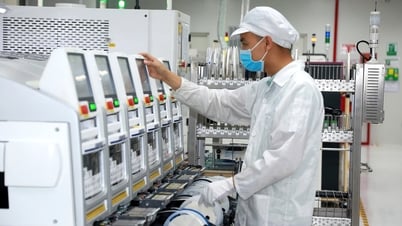










Comment (0)